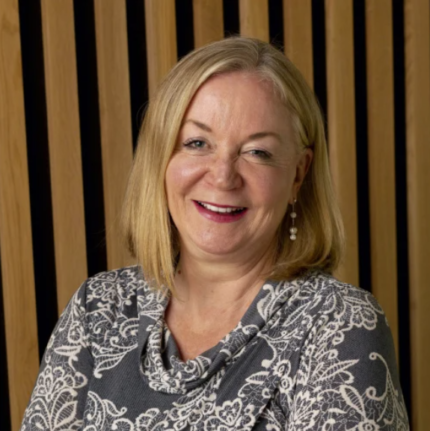We’ve seen plenty of grim warnings and hints of the pain ahead in this week’s spending review. However, if the most recent rumours are to be believed, for those of us in the creative industries, we may be in for worse than feared.
There are suggestions that the government is planning to cap student numbers for creative courses.
Before any plans are officially unveiled in the Commons next week, in case there is any truth in these rumours, I want to say to the Chancellor – please don’t do this damage to our world-leading higher education institutions, to the future of creative young people and to our country’s economic growth.
For universities such as Falmouth, which are rooted in creative disciplines, such a move would be devastating, but this isn’t about special pleading.
Such a move would be at odds with the Government’s levelling up agenda and ambition to build the skills required to fuel the fourth industrial revolution.
There is a stubborn, reductive view at the heart of all this, which is that science, technology and art are distinct and separate entities. We really need to get beyond this simplistic approach.
Creative approach required
Creativity unlocks innovation. It provides new ways of seeing, thinking and making. It’s communication, content and design. It’s the momentum that can shift paradigms.
The iPhone, your favourite Netflix binge watch, your new pair of trainers. All made possible by creatives.
It’s remarkable that on one hand, the government celebrates the economic impact and global reach of the UK’s creative industries, while also turning off its talent pipeline.
However, it’s even more frustrating that the value of creativity as a bridge to other sectors is missed by those making policy in Westminster. The grand challenges of our age will be solved with creativity, working in partnership with other disciplines.
How do we leverage technology to engage isolated communities with services? How do we design appealing environmental solutions to build a waste-free world? How do we tackle aging societies?
Students on creative courses are not only learning deep specialist skills, they’re also working in a multi-disciplinary teams to solve real world problems, so they’re employable from the moment they graduate.
Students on creative courses like those at Falmouth have the skills to manage projects, think critically and problem-solve.
They’re also entrepreneurial. Falmouth’s graduates are more likely than their contemporaries from even the most established of business schools to set up their own businesses.
These are the missing ingredients that get overlooked when it comes to assessing the “value” of creative courses.
Compare and contrast
Is it fair or even useful to compare dentists with self-employed creatives? Of course we need more healthcare professionals in our system, but we also need people with ideas, vision, and the courage to pursue their entrepreneurial goals so that we can “build back better”.
I don’t want government to support creativity because it’s a “nice to have”. I want government to support creativity because it’s an essential component in the country’s economic recovery and future growth.
If they need convincing, we would welcome a ministerial visit to Falmouth, where they will see up close the skills, expertise and potential we’re nurturing.
There may be difficult times ahead – but we won’t stop beating the drum for our creative skills and their crucial place in the UK’s wider economy.













We had a very similar conversation around 2012 when I chaired the enterprise event on behalf of Sir Tim Wilson following his review Anne. The data where I used to work now really supports the notion that creative students have businesses that survive longer too. I my view, there is still so much to learn from the Creative Industries when it comes to education and evaluation of learner performance.